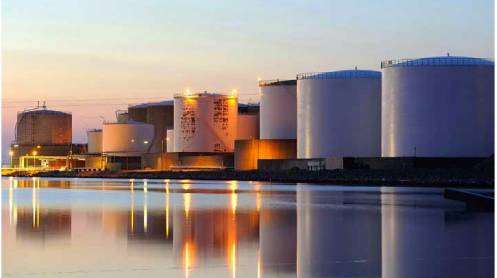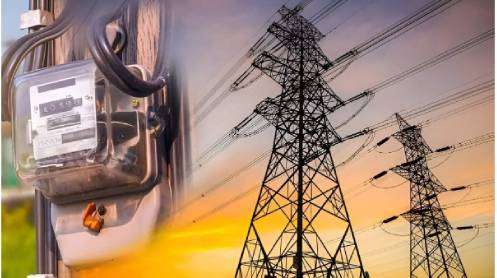ISLAMABAD: In a landmark move to end rampant smuggling and adulteration in the petroleum sector, the government will roll out a real-time digital tracking system within a month to monitor every litre of fuel — from import and production to storage, transport, and retail sale.
The reform follows the passage of the Petroleum (Amendment) Act 2025 by the National Assembly, which empowers authorities to deploy IT-based monitoring and strengthen enforcement against illegal fuel trade. Annual losses from smuggling, theft, and misappropriation are estimated at Rs300-500 billion.
The amended law — updating the nearly century-old Petroleum Act 1934 — grants enforcement powers to deputy commissioners, assistant commissioners, and customs officers to seize smuggled or illegally stored fuel and related infrastructure even before conviction.
The Oil and Gas Regulatory Authority (Ogra) has been working with refineries and oil marketing companies to ensure smooth implementation across petrol stations, transport routes, and storage facilities.
Industry stakeholders have long demanded tougher action, citing the devastating impact of smuggling — particularly from Iran — on legitimate businesses and government revenue. A 2020 inquiry exposed oil smuggling worth Rs250bn annually, while a 2024 intelligence report revealed that 10 million litres of Iranian petrol and diesel were entering Pakistan daily through informal border routes, supported by complicit officials and illegal fuel stations.
The new law prescribes strict penalties:
- Rs1m fine for illegal import, transport, or storage of fuel (Rs5m for repeat offenders).
- Rs10m fine and confiscation of assets for facilities operating without valid licences.
- Rs100m fine, immediate closure, and licence cancellation for selling smuggled fuel.
- Confiscation of vehicles used in smuggling under the Customs Act 1969.
A six-month grace period has been allowed for facilities with expired or cancelled licences to renew them, with strict timelines for processing by the Department of Explosives.
Trials of offenders will be held in Sessions Courts, while administrative enforcement will rest with deputy and assistant commissioners. Appeals can be filed in the High Court within 30 days.
Officials say the reform will bring long-overdue order to Pakistan’s petroleum supply chain, curb environmental damage from adulterated fuels, and plug massive revenue leakages to the exchequer.
Story by Khaleeq Kiani







